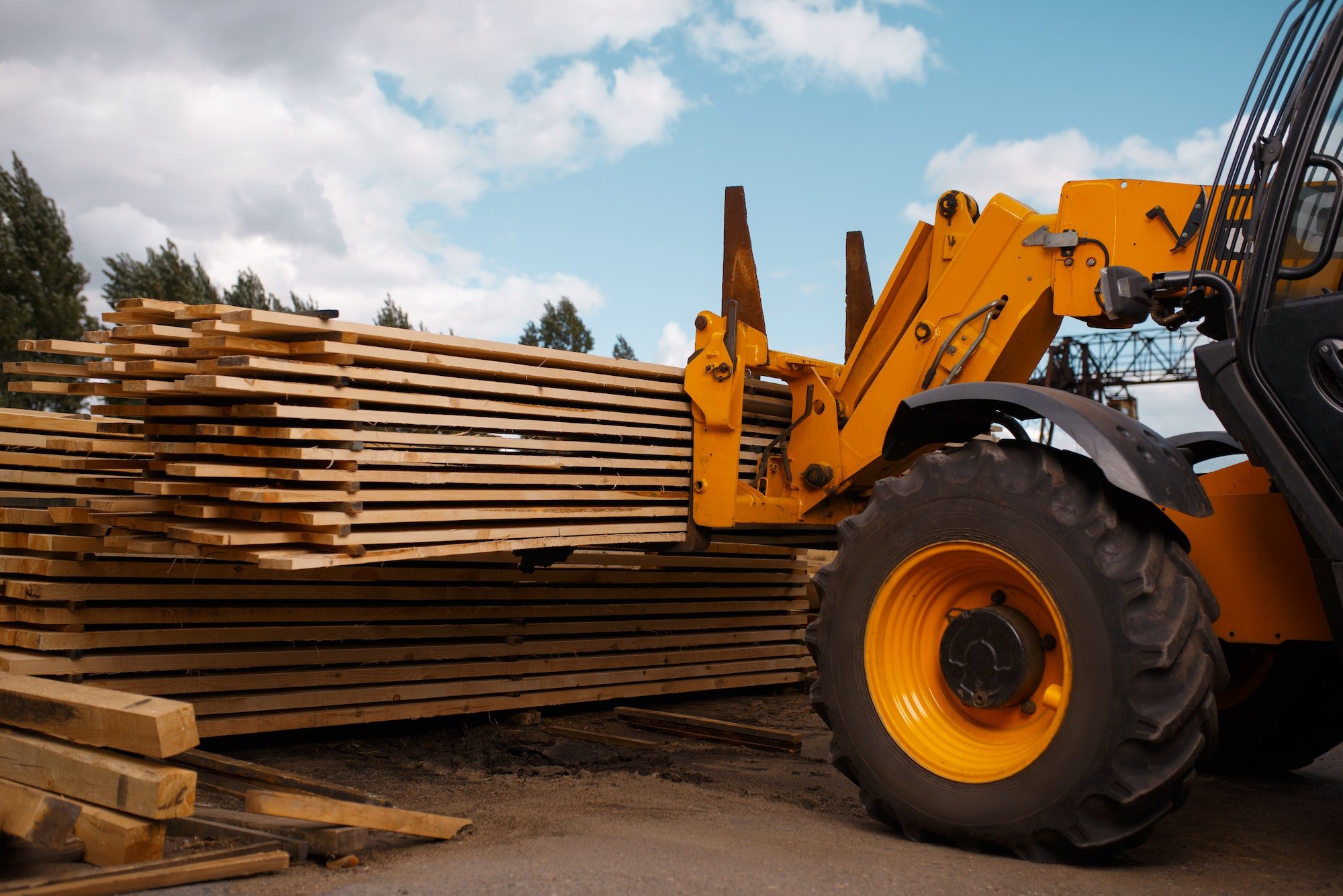Forklift fleet management is an integral part of any warehouse or manufacturing operation. Safety plays a key role in this process and it’s important to ensure that a workplace safety culture is properly established. Establishing such a culture not only keeps workers safe, but also helps to lower costs, increase efficiency, and reduce the risk of litigation.
The Benefits of Having a Workplace Safety Culture
Having a workplace safety culture can bring many benefits to an organization. It can help with employee satisfaction and morale, since employees will feel safer and more secure in their work environment. It can also lead to fewer accidents and injuries, resulting in reduced costs, as well as greater efficiency and productivity. Furthermore, it can help to reduce the risk of litigation due to unsafe working conditions.
In addition, having a workplace safety culture can be beneficial in terms of compliance. By creating and implementing policies and procedures that are in line with current laws and regulations, organizations will be able to stay compliant with local, state, and federal regulations. This can help protect them from costly fines or other legal action.
Establishing a Workplace Safety Culture
Creating a workplace safety culture within an organization requires both top-down initiatives and bottom-up participation. The first step is for management to establish policies and procedures that are in line with current laws and regulations. Additionally, they should be proactive in educating employees on safe working practices.
It’s also important for employees to take ownership of their own safety by following these policies and procedures. Other steps that can be taken include providing training on forklift operations, conducting regular safety audits, establishing reward systems for safe behavior, and posting reminders about safety throughout the workplace.
Forklift Fleet Management
Forklift fleet management is an essential part of any warehouse or manufacturing operation. It involves managing the fleet of forklifts within the organization. This includes maintaining the forklifts in good working order as well as ensuring that operators have the necessary training for operating them safely.
For organizations utilizing forklift fleets, it’s important to ensure that all operators are properly trained on proper forklift operations. Additionally, it’s important to create policies regarding the use of forklifts in different areas of the workplace. These policies should be clearly communicated to all employees so that everyone is aware of these rules.
Conclusion
Workplace safety culture is essential for any organization utilizing a forklift fleet. Having a comprehensive workplace safety policy in place can help protect employees from injury while also helping organizations stay compliant with local laws and regulations. Establishing such a culture requires both top-down initiatives from management as well as bottom-up participation from employees.
At HCO Innovations Inc., we understand how important it is for organizations to have proper workplace safety culture in order to maintain efficient operations while protecting their workers. We offer services that provide comprehensive assessments of your workplace safety policies along with recommendations based on current industry standards.
</

